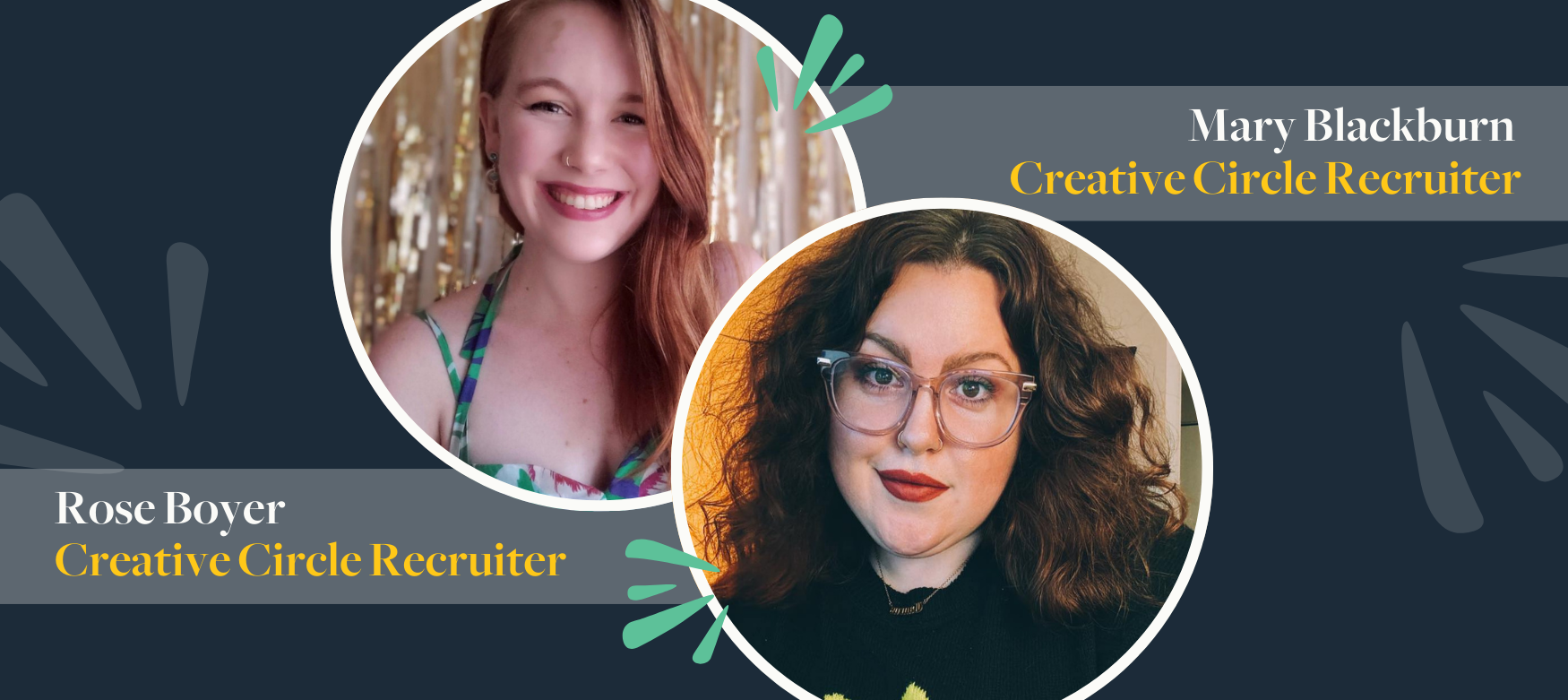You’re preparing for an interview. You’ve poured over the job description identifying all the ways you’re PERFECT for this job. You’ve researched the company, the hiring manager and others you’ll be interviewing with. All good stuff. But what have you done to prepare for the interview itself?
Many interviewers use a technique known as behavioral interviewing. To learn what that is, contrast these two types of questions:
1. How would you approach an unexpected project that has a tight deadline?
2. Tell me about a time you got an unexpected project with a tight deadline. What did you do?
Both questions ask about your ability to work fast under pressure. The first asks what you would do and the second asks what you did do. Anytime you’re asked to describe what you did in a specific past situation (#2), you’ve gotten a behavioral interview question.
Why are behavioral questions used so much? When given general or hypothetical questions (like #1), most interviewees can figure out what the interviewer is looking for. And voilà – they say what the interviewer wants to hear whether it accurately describes them or not. By focusing on real situations from the past, interviewers know that the abilities we’ve used before will be used again. Behavioral questions are a better way to determine our skills and job fit.
So, what’s the best way to respond to behavioral questions? Use the S.T.A.R. technique!
S.T.A.R.
There are four pieces to a S.T.A.R. response. For each, be succinct and specific.
S – Situation: Briefly describe the background or context. What issue, problem or opportunity did you face?
T – Task: Describe the specific task or activity you took on to address the situation. What was your job in the situation?
A – Action: Describe how you went about completing the task (your action, not the action taken by your team). What steps did you take to get it done?
R – Result: Describe the outcome. What did you accomplish? What were the results, including the impact on the company, your team, your client, etc.?
Example Question: Tell me about a time you got an unexpected project with a tight deadline. What did you do?
Example S.T.A.R. Answer: Two months ago, my team was preparing for a client presentation which was scheduled for the next day. The person who was developing it had an accident and couldn’t finish, so I was asked to pull it together. I hadn’t been involved up to that point so the first thing I did was to familiarize myself with the client. I talked to our team, researched them online, and then dove in. I solicited help to gather the information I needed, developed an outline and ran it by our client lead. He made a few tweaks, but less than I expected, and I stayed very late that night to make sure the information was accurate, clear, and that it looked great. And we won the business! Although I prefer to plan my work, I can work under tight deadlines when needed.
Stories
To use the S.T.A.R. technique effectively, have 3-5 good stories about your past work handy and ready to discuss. Pick ones that demonstrate your best skills and abilities. In the example above, this story shows initiative, collaboration, perseverance, drive, and a focus on quality results. Think beyond your technical skills when you develop your stories. The interviewer is looking for your fit with the culture as much as your ability to do the job. Prepare to describe your stories using the steps in S.T.A.R. Chances are you’ll be asked a couple of questions where one or more of these stories can be used.
Mistakes
Don’t shy away from telling interviewers about mistakes you’ve made in the past. In fact, sometimes they will ask you to describe a situation where things didn’t go well. When this happens be prepared to describe what you learned from the situation and what you would do (or have done) differently as a result of this learning. Honestly describing mistakes can demonstrate accountability, integrity, and your ability to grow.
Non-Work Situations
It’s ok to use stories from things you’ve accomplished outside of your work (e.g. volunteer activities, clubs, athletics, etc.), provided you can ie the skills or lessons learned back to how it would apply in a work situation. This is especially true if your career is just starting out.
Good luck in your interview!
Robin Elledge is the founder of Janus, a coaching and consulting firm in Los Angeles. Robin’s greatest passion is working with people to improve their ability to effect change within their company, team, and themselves. She has over 30 years of experience supporting and coaching leaders at all levels, from CEOs to those who are just beginning their management journey.



